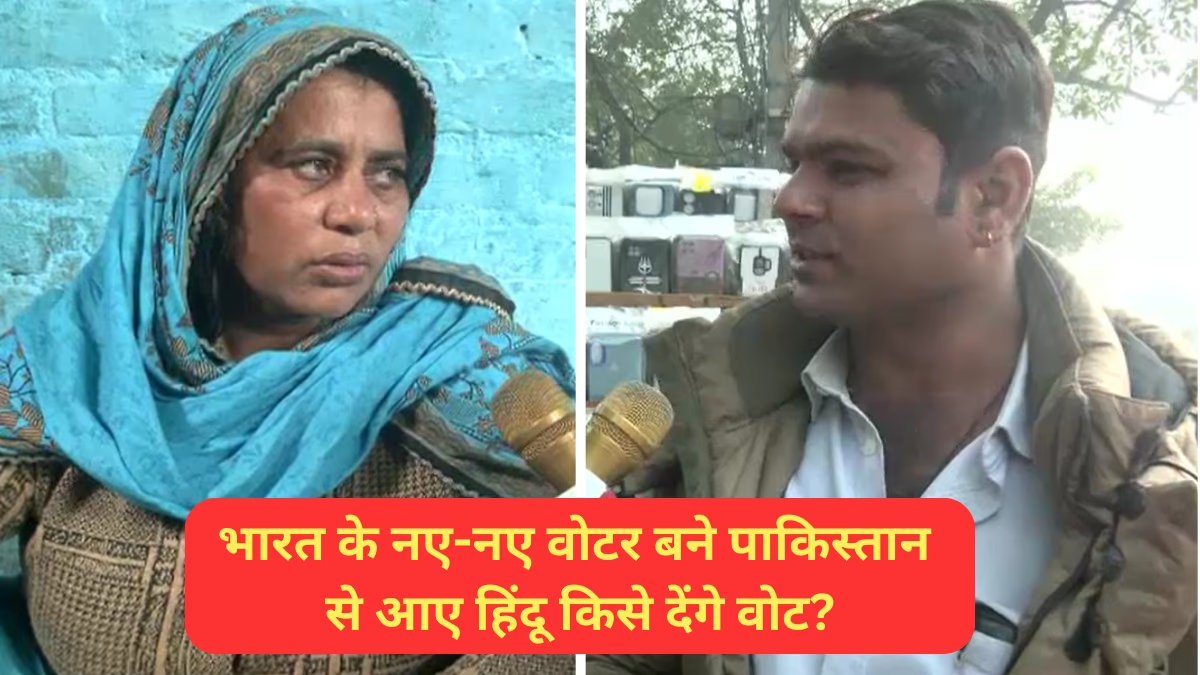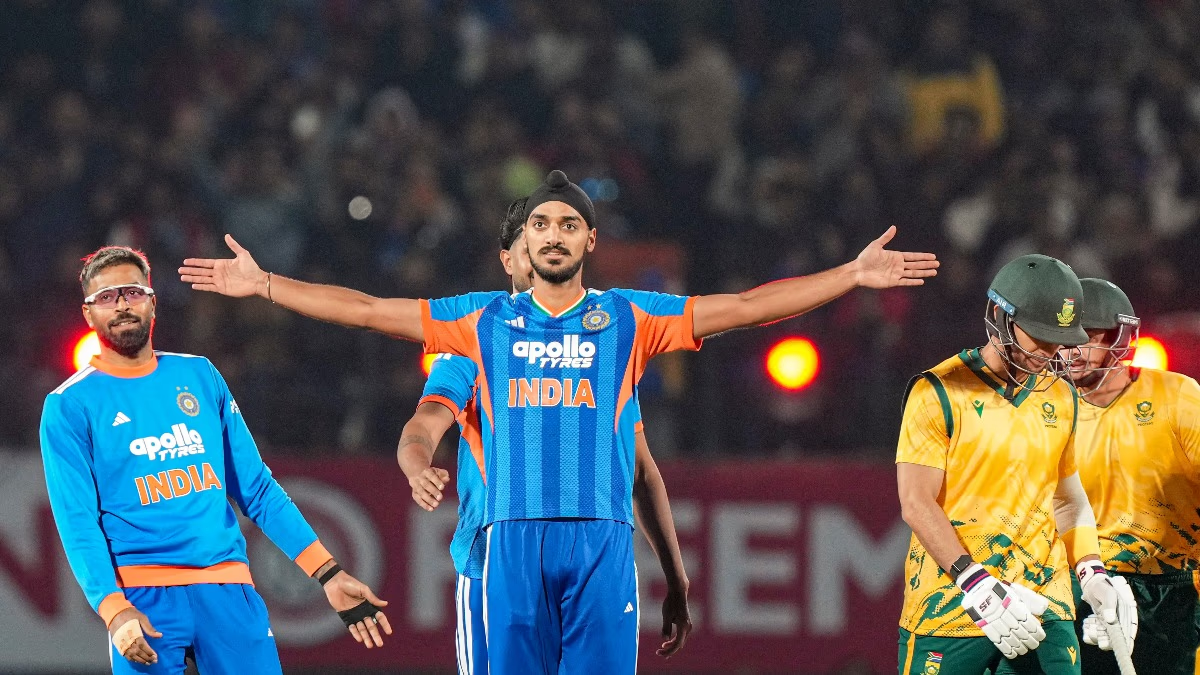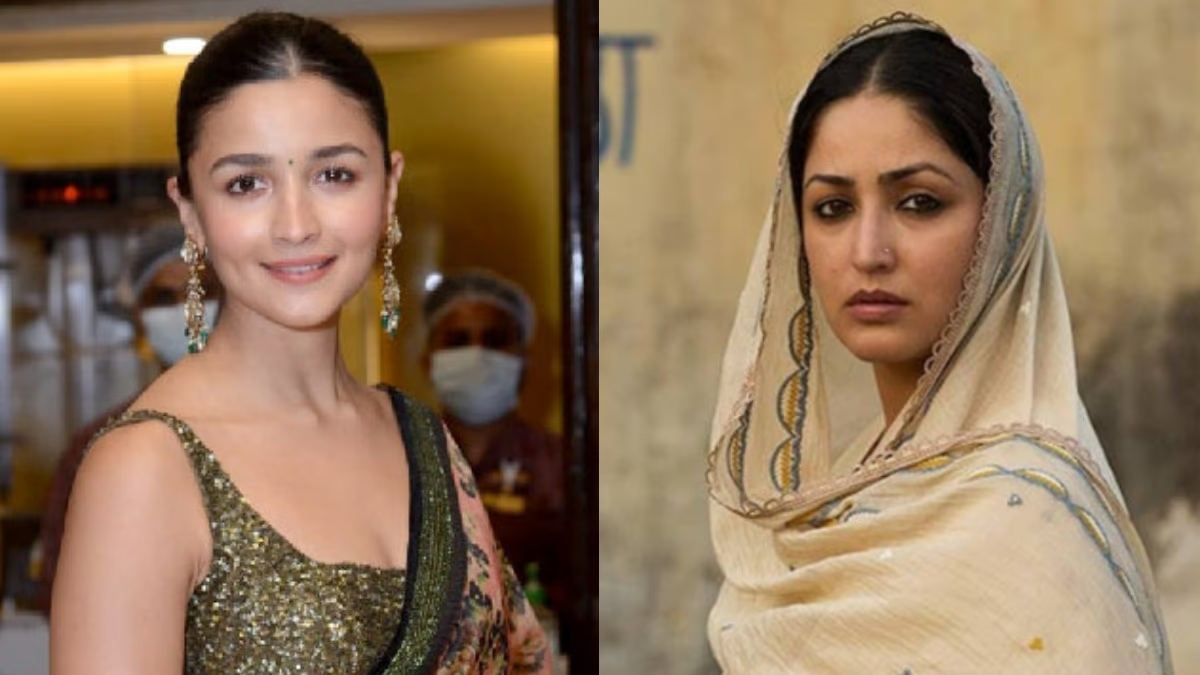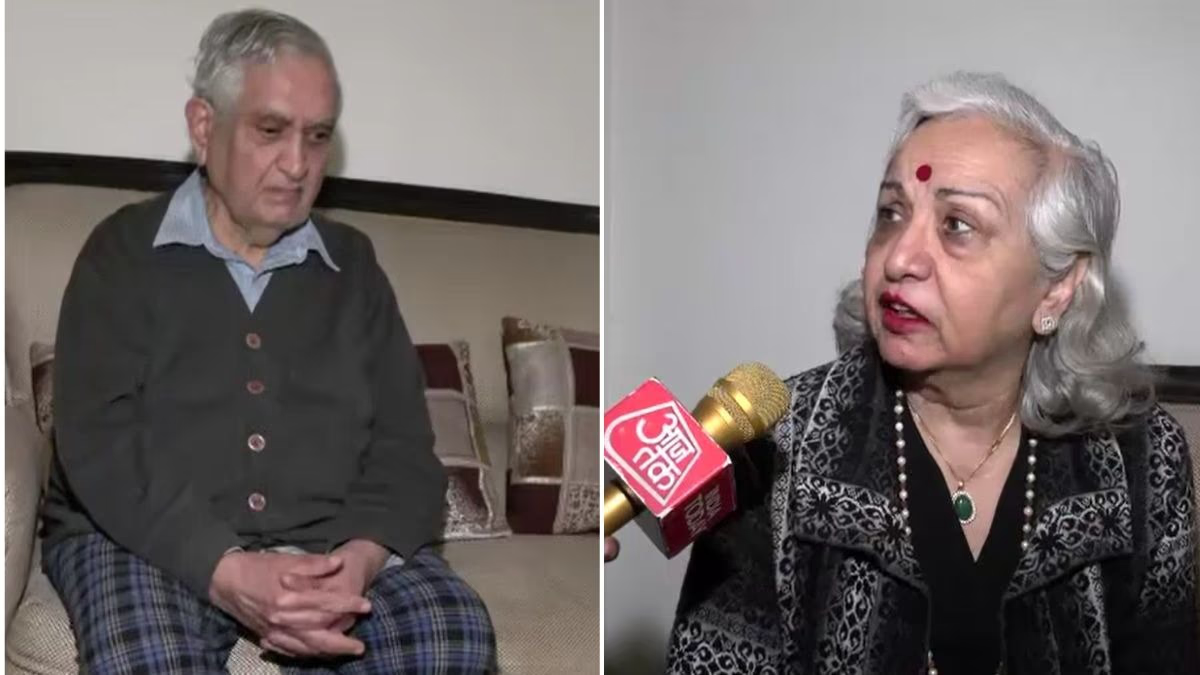A time came when saints were called Majnu, and where they lived became known as Majnu Ka Tilla; a famed spot in Delhi next to a bustling Tibetan Market, filled with Tibetan shops and homes. Just a bit further, a narrow, broken path by a Gurudwara leads into a neighborhood that has become a haven for Hindu refugees from Pakistan. They came to India in 2011, seeking a new beginning.
Most have now gained Indian citizenship, marking their first participation in Indian elections. As they prepare to vote in the Delhi elections, their voter cards are either ready or in process. We talked to these Pakistani Hindus, aiming to understand the primary issues that drive them to the polls.
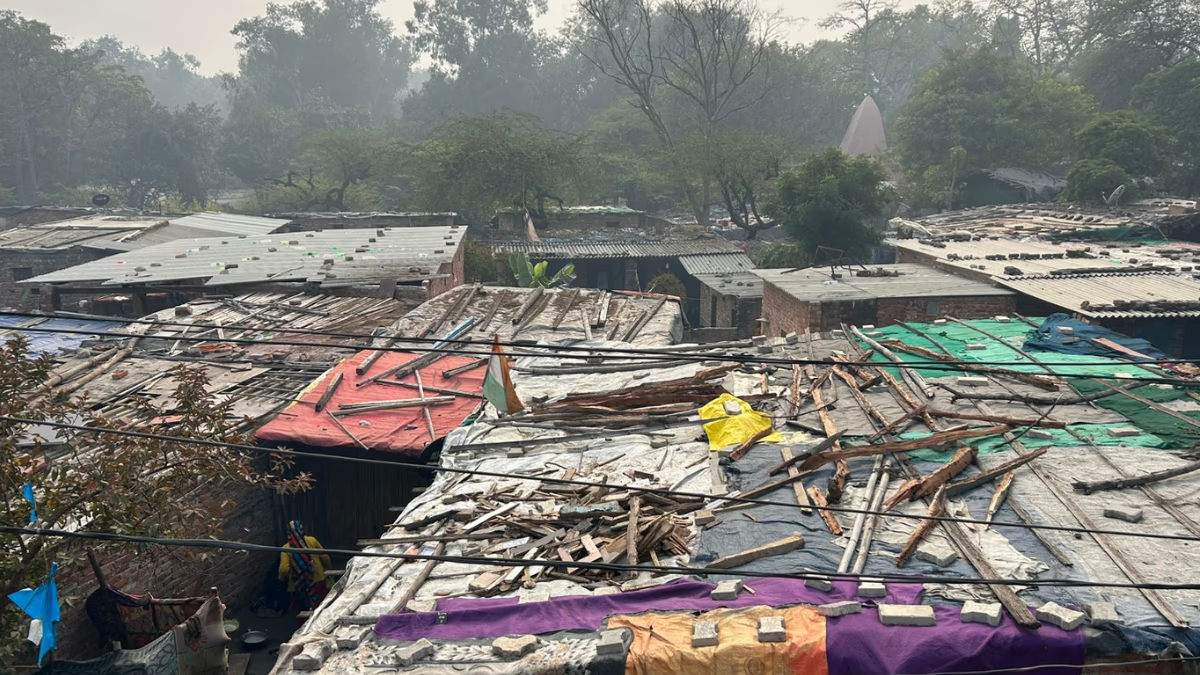
Source: aajtak
Critical Issues: Gas and Ration Cards
Our first stop was at Sona Das's home, sitting on a traditional Indian cot. A rudimentary wood-fired stove was set up opposite him, with wood crackling and cooking commences. His wife, Rani, busy preparing meals, expressed her unwillingness to give up her endeavors. Yet, she admitted the cooking process was arduous, needing to gather firewood from forests, a task often left to women and children as men work outside.
She mentions voting for those who promise conveniences like gas and improved ration card benefits. Nonetheless, she prioritizes voting for the one who granted them citizenship. Prominently displayed in their home was a poster of Prime Minister Modi.
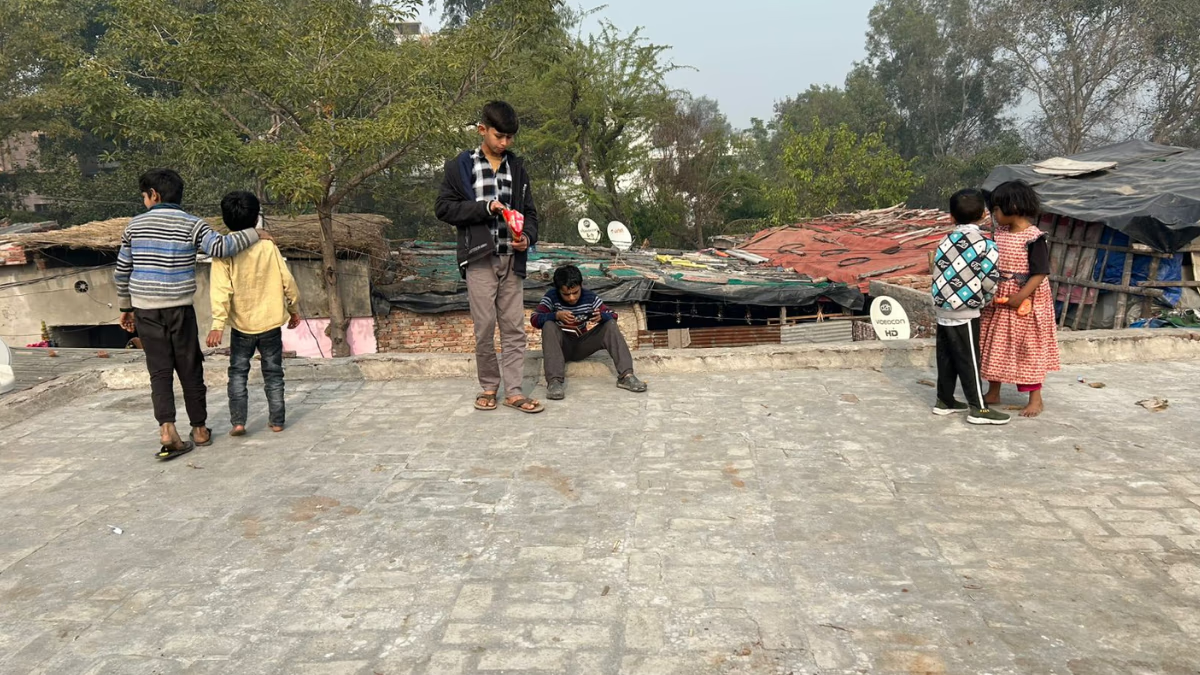
Source: aajtak
'Why Don't We Get Free Electricity and Water?'
As the head of the household, Sona Das is clear about his political choice, favoring Modi and Amit Shah for securing their citizenship. He questions why Arvind Kejriwal, promising free electricity and water to all of Delhi, hasn't extended such offerings to their locality. ‘Do we not deserve basic utilities?’ he asks.
'Securing Permanent Housing'
Down another shabby lane were two adjoining homes, forming a patchwork of sorts. One belongs to Jamuna, the other to Lata. These refugees have lived in makeshift shelters over a decade in this camp, cobbled from straw and tin. Rain brings them great distress with leaking roofs.
Lata said that in Pakistan, life was burdened with countless hurdles, especially for women. For over 13 years here, they've embraced their newfound freedom and now wish for permanent houses. If a politician visits, the first plea would be for solid housing. However, no politician has yet ventured into their camp for election campaigns.
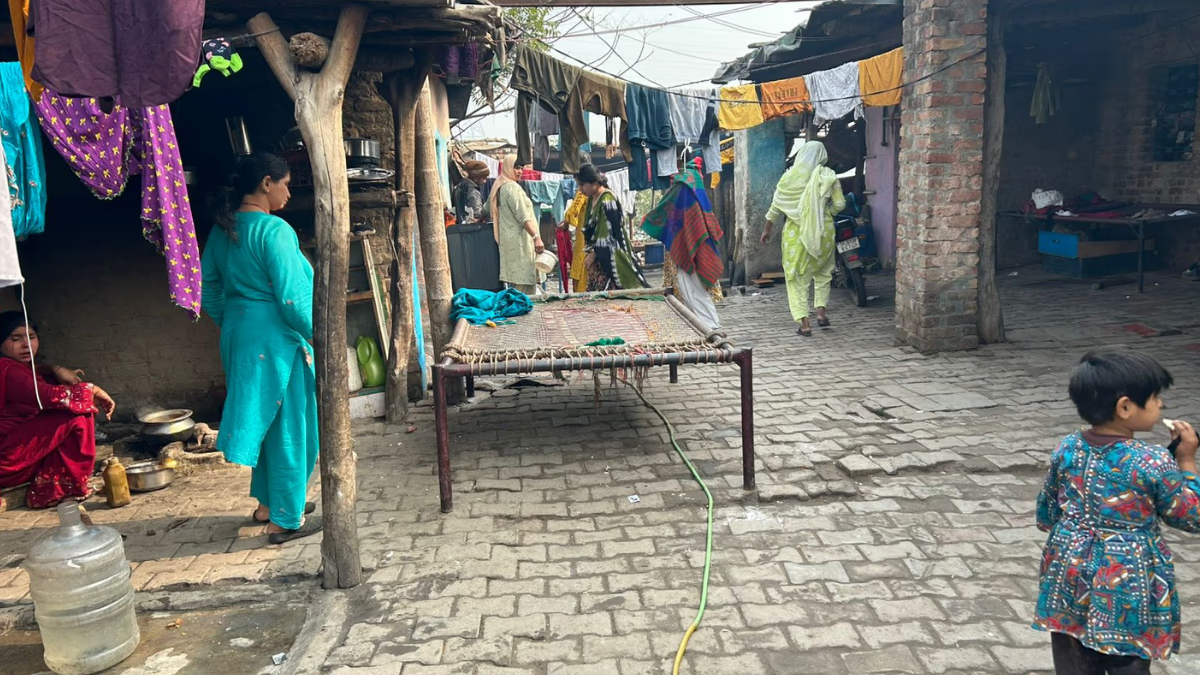
Source: aajtak
Education and Employment Challenges
The refugee settlement appears uniform with identical structures, but each house has its unique story. In one, we met Mohan Ram, head of the family, cooking a meal with his wife, Sita, assisting. She describes their life rhythm, yet her understanding of politics is vague as no Delhi politician has visited their camp.
Her sons, Pawan and Rajkumar, after completing high school, went to work rather than pursuing college due to financial constraints. For Sita, education and employment are major electoral issues because even with education, her sons are forced to do labor, which disheartens her.
'Vote for Citizenship'
This refugee haven lies right by the Yamuna River, vulnerable to flooding. When waters rise, homes get submerged, pushing families onto the streets without food or shelter. When asked about political leanings, Shanti, busy weaving on a charpoy, said simply, ‘To whoever gave us citizenship.’
Just outside the settlement, we encountered Darshan Lal selling mobile covers and accessories on a pavement stall, earning just 200-300 rupees daily. He recounts surviving 'hell' in Pakistan and gratefully acknowledges India for rescuing them. His first-ever vote would surely reward this refuge.
